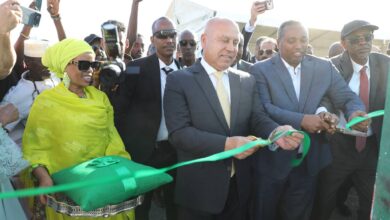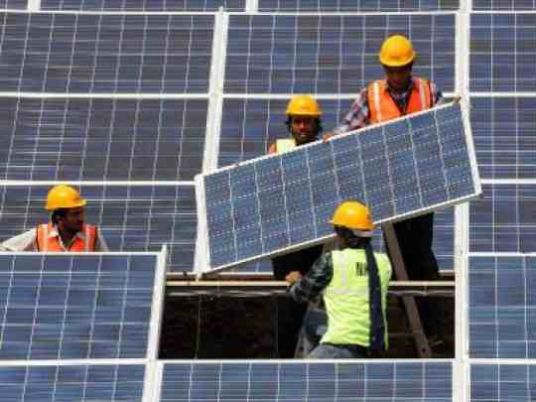Morocco is set to be the starting location for a 400 billion euro renewable energy “Desertec” project. By 2050, the project is intended to satisfy 100 percent of the Middle East and North Africa (MENA) region’s energy needs and as well as 15 percent of the EU’s.
The Desertec Industrial Initiative (Dii) is supposed to facilitate a long-term transition to renewable energy sources by establishing forward-thinking relationships between European energy market investors (such as Siemens and DeutscheBank), renewable energy technology innovators (particularly solar power), and policymakers from the MENA region.
As the hot and windy region provides the ideal environment for renewable energy farms, establishing EUMENA relationships seems essential to creating substantial returns on investments, ones which will eventually allow for the mass exportation of renewable energy over the next 40 years.
According to Desertec CEO Paul van Son, “all systems are go” as agreements have just been reached between Dii and the Moroccan Agency for Solar Energy (MASEN) to begin construction of a 500MW solar farm next year. There is also potential for a 2000MW farm by 2020, which would Morocco the first “reference point” for the overall vision.
Morocco’s transmission networks with Spain, which were established long ago, will allow energy to be exported to the EU.
“The [Morocco] reference point is now a key priority in establishing the long term vision, as its success will encourage other MENA region policymakers and investors to follow suit,” states van Son.
The Dii concept has received increased interest in recent months due to the Arab Spring and the political and economic uncertainty that came along with it.
“As democratic processes attempt to emerge, local populations and governments can benefit greatly from foreign investments into local renewable energy initiatives, making the turbulent economic transition a lot smoother,” states van Son.
“Not only will it ease energy production concerns, leading to commodity exports, but locally, it will create jobs and encourage EUMENA knowledge transfer on a variety of platforms, including politics.”
Using the success of the Morocco-Spain initiative as a spring board, Dii plans to develop additional projects in Tunisia, Algeria and Egypt, where discussions and framework studies have already begun.
“We have had discussions with most political authorities throughout the MENA region, and there is already much interest in the idea that will hopefully materialize into further projects as the success of reference projects becomes more evident,” adds van Son.
Since Egypt connects the North African Sahara with the Middle East region and the EU, that country’s cooperation with Dii’s vision will be crucial to establishing a self-sustained market phase.
According to Egypt’s Minister of Electricity and Water, Hassan Younes, there are already intentions to connect the Kuraymat 150MW “hybrid” gas and solar power plant, 100km south of Cairo, with the future EUMENA region energy networks. There are also plans to establish a 1000MW wind farm in the Gulf of Suez by 2016.
When asked what practical, short term incentives there are for developing countries under political turmoil like Egypt to engage in such a project, Angelika Niebler, a member of the European Parliament, told Al-Masry Al-Youm:
“The EU offers expertise in developing political and economic platforms; collaboration will lead to relationship strengthening, which will encourage ample opportunities for political and financial support.”
Technically, various renewable energy technologies are currently available, particularly Concentrated Solar Power (CSP), which can harness hot desert heat by curved mirrors in order to heat liquids to power steam turbines, as opposed to the weaker solar power cells that are generally used throughout the EU.
The goal is to eventually use a combination of such technologies throughout the entire EUMENA region in order to enjoy maximum efficiency.
According to Van Son, as project development picks up in MENA due to projects such as the one in Morocco, renewable energy technology development is expected to pick up in the EU as well, thereby creating increased market competition, lower prices and monetary savings.




